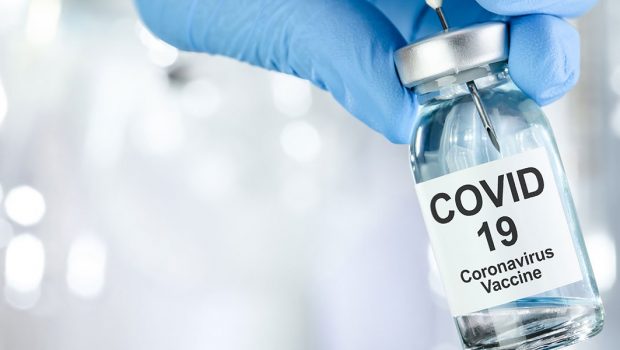Technology Transfer Needed to End COVID-19 Vaccine Inequity
Oxfam and co-filers have filed shareholder proposals at Moderna and Pfizer asking the companies to study how they might transfer Covid-19 vaccine technology and know-how to manufacturers in low- and middle-income countries. The companies’ refusal to transfer mRNA technology is prolonging the Covid-19 pandemic. This not only preordains millions to unnecessary death and suffering, but also creates a massive drag on the global economy and poses significant risks to investors.
As the world approaches six million Covid-19 deaths – including nearly one million U.S. fatalities alone – the urgent need to rapidly transfer vaccine technology to all corners of the globe is clear. Yet, vaccine inequity remains a stark reality: while 72 percent of people in high-income nations have been fully vaccinated, this figure plummets to 5.5 percent in low-income countries. As the Delta and Omicron variants have made all too clear, these abysmal outcomes keep in place a breeding ground from which more variants may emerge, leading to more lives lost in rich and poor countries alike.
Rapid distribution of Covid-19 vaccines could end the pandemic in 2022. Because Moderna and Pfizer cannot produce enough vaccines to ensure everyone has access, they must transfer the mRNA technology to other manufacturers worldwide. Unfortunately, the companies refuse. In a misguided bid to maximize quarterly earnings, Pfizer and Moderna falsely claim that no other capable manufacturers exist. This willingness to sacrifice lives for short-term profit not only has consequences for global health, but also for the companies’ long-term investors.
Why?
First, Moderna and Pfizer are “squandering their lead” by refusing to license mRNA technology to more than 120 manufacturers in low- and middle-income countries that experts say could produce the vaccine. Other manufacturers also are racing to develop their own mRNA technology. Rather than earn licensing profits and remain industry leaders, Pfizer’s and Moderna’s shortsightedness all but guarantees competitors will emerge with approved vaccines in two to three years. This will take away potentially lucrative licensing fees that would boost profits for long-term investors at Moderna and Pfizer.
Second, hoarding mRNA technology harms any investor with a diversified portfolio. Leaving vast swathes of the population unvaccinated prolongs the pandemic, dragging down financial markets across the board. The International Chamber of Commerce warns that the global economy could lose $9.2 trillion if developing economies do not have broad access to Covid-19 vaccines and that half of these losses would fall on advanced economies.
Finally, this public display of extreme greed poses a significant reputational risk. The New York Times has used disparaging headlines like “Moderna, Racing for Profits, Keeps Vaccine Out of Reach of Poor,” and countless outlets have accused Pfizer of “bullying” governments into grossly unfair contract terms. Members of Congress have voiced rebukes, alongside derision from late night TV hosts. Such widespread condemnation has serious implications for the companies’ brand values and long-term shareholders.
Given the enormous public health and economic damage that will be wrought by a prolonged pandemic – something that Moderna and Pfizer are uniquely positioned to end – Oxfam and co-filers urge investors to support our call to study the feasibility of transferring mRNA technology to other manufacturers worldwide.








Gloss